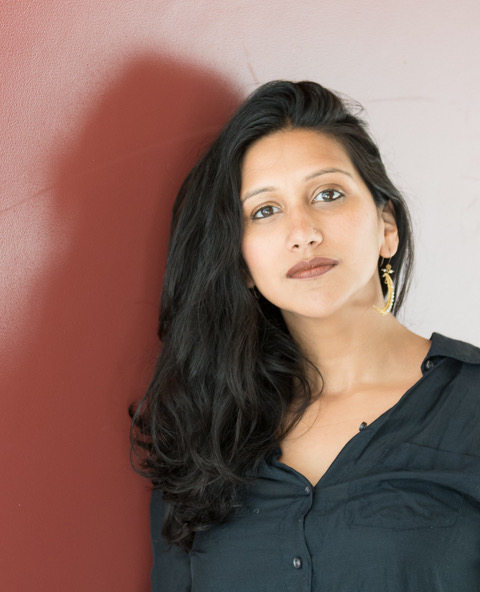By Seema Reza
Who do you think you are? I (like so many other women I’ve spoken to) have been asked this by strangers whose sexual advances we’ve refused, by teachers I disagreed with, by leaders across slick conference tables. The question is rhetorical, meant to put me in my place. It hangs dangerously in the air, threatening to flatten me: Whoever you think you are, you are less than that. It is meant to diminish, to silence, to seed doubt: Whatever you think you know, you don’t. And when that doubt takes root, it can bloom into the prickly defensiveness that turns to ask Who do you think you are? of others. It can grow into a tangled, choking mass that blocks out alternate points of view, tramples dissent, and limits the growth of individuals and organizations. Grounded in the premise that multiple narratives are necessary, that no one individual has the experience to fully understand all aspects of an issue, intersectional feminist leadership interrupts this.
I begin every writing workshop I lead—whether it’s for 6 people or 800—with “Writing has saved my life. It continues to save my life on a daily basis.” I say it because it’s true. I say it because the best way to help people feel comfortable being vulnerable is by modeling it. And mostly, I say it because the best way to calm my own nerves is by admitting right up front that I don’t know it all. In the space after I say it, the room leans in. People who have been stifled by the pressure to pretend they are perfect (that’s all of us) are able to relax into the hard work at hand.
I’ve asked Who do you think you are? of myself over the years–when feeling overcommitted, when stung by failure or rejection. Who do you think you are? To dream this big, to believe yourself? In 2019 I left a government contract and stepped fully into leading Community Building Art Works, a non-profit organization that helps the ordinary people our society asks to be heroes tell their stories through workshops led by professional artists. I’ve been asking myself a version of this question, gently: Who are you not? I have very little business experience, become easily overwhelmed by bureaucratic processes, create systems for organizing files that make little sense to anyone other than me. I don’t easily remember numbers. Recognizing these limitations does not erase or diminish the quality of my vision, the depth of my study, the breadth of my knowledge when it comes to poetics or trauma. Recognizing these limitations allows me to focus on what I know, and attracts and values the kind of people who know things I don’t. What defines effective leadership is knowing who you aren’t, and the humility to listen to other perspectives and ask for help. It sets a tone in the organization for everyone to feel confident that not knowing everything is not the same as not knowing anything.


